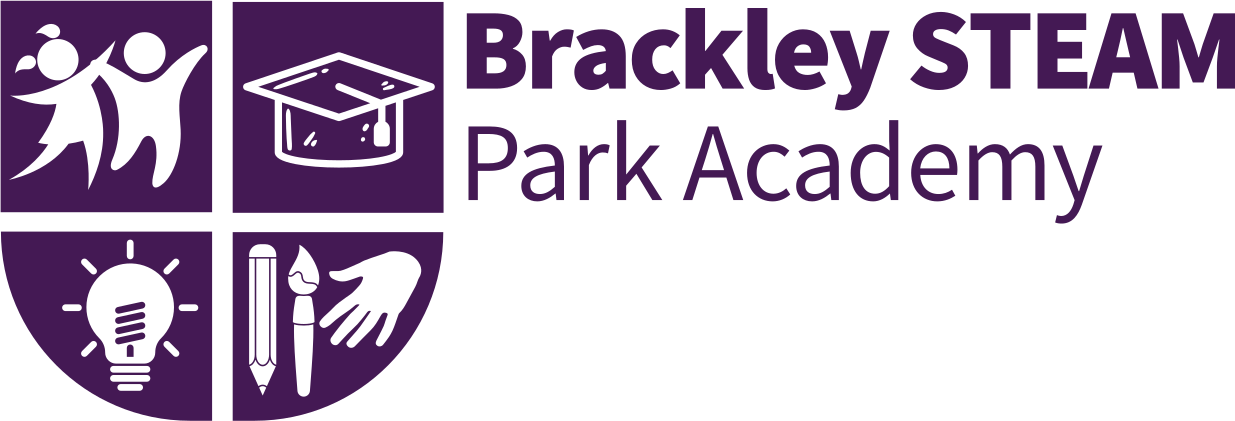We provide a provision for after school STEAM clubs and Saturday clubs. There are lots of amazing junior computing tools using ‘Busy Things’ ‘Just2easy’ and various digital science experiments. There are music lab experiments including Crayon Physics, gravity simulators and discovery of elements and combinations of engineering items which is ideal for vocabulary and nurtures autistic children including 3D printing, 3D pen creations, stop motion animations using Lego, motors and lights.
All the children get involved in themed celebration weeks and special event weeks e.g. British Science Week, World Space Week, Children’s Book Week, Maths Week England and National Insect Week including Children’s Art Week.
There are some amazing RM computing suitable for ages 4-6 for fine motor skills (eye-hand coordination) using Simple City and Maths City which is part of PurpleMash and is excellent to boost confidence using a tiny children’s mouse and mouse buttons to drag objects, explore locations such as the zoo, recycling centre to learn different types of recycling, veterinary centre, garages and the doctors to develop role play and speech and language skills including creativity tasks, phonics and explore a range of things from dinosaurs to places of work, buildings and vehicles. There are many various upper early years and KS1 activities during computing.
Generally there are lots of inspiring STEAM activities with art and curriculum guided learning activities including junk robotics and active discovery learning with junk modelling, hot gluing crafts, 3D pen, construction designing, digital painting, painting, composing digital music instruments, lots of digital science experiments, magnetic experiments, Eco world sandbox science experiments, digital LEGO making, LEGO motors, electronic circuits, Scratch 3.0 coding, Hour of Code Minecraft, Minecraft Education and science using a top-of-the-range 30 year old microscope to explore close-up of items.
Some of these are only suitable for various age groups. There are few robotics learning directions with robot mice which is good for coordination using simple maths and codes to understand sequences and making choices with the right instructions using card codes ideal for reading skills, numbers and critical thinking.
We do have some maths activities they can get involved with including Time Tables, Topmarks, Busy Things and Numberblocks.
Workshops and clubs will involve tinkering, making, designing and construction kits in conjunction with unplugged technology activities and automotive engineering. The academy offers pupils a specialist computing education in our class settings.
There are various computing resources e.g. Scratch 3.0 coding projects, Python coding and micro:bits with electronic circuit board extensions to carry out science experiments using solar panels and LEDs with motors and construction. There are lots of electronics using crocodile cable clips with MakeyMakey boards to make musical projects and creative innovations.
There are various tools and resources with construction kits and sensory puzzles for multisensory needs to aid processing, motor skills, spatial reasoning and problem-solving with sensory activities for children who are neurodiverse with traits of autism, dyslexia, dysgraphia, and ADHD. We help and nurture areas of autistic children with social complexities and comprehensive interests of diverse ways of thinking, learning, processing, and behaving. There are several computing and off-screen instruments to aid complexities with learning structures and calm learning setting.
Pupils will get the opportunity to code a micro:bit which is a pocket-sized circuit board computer that you can customise with LEDs, buttons, temperature devices, and sensors to bring your digital ideas and practical activity games to life.
– Delivering a dynamic syllabus education
– Opportunities to scientific experiments
– Positive learning environment
– Learning through discovery learning
– Individual attention in small classes
– Homework provision education

